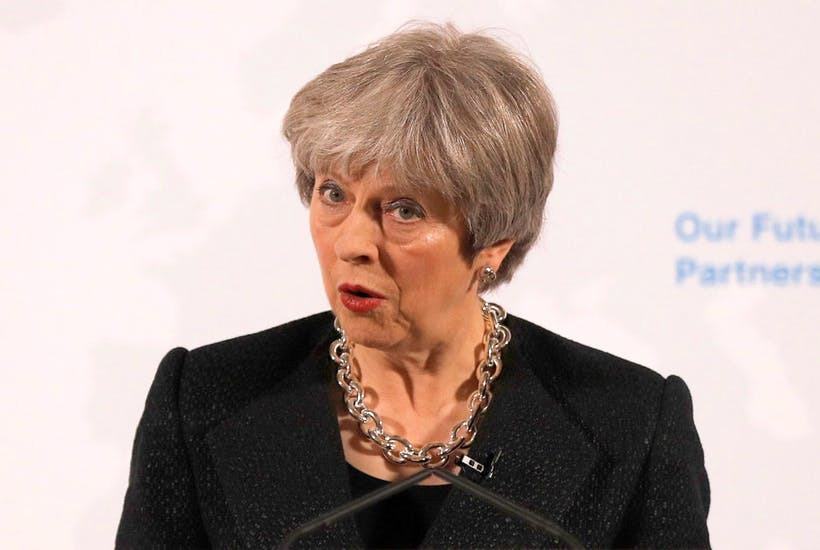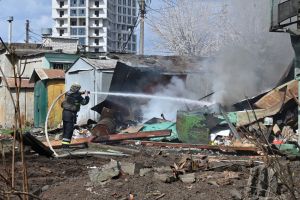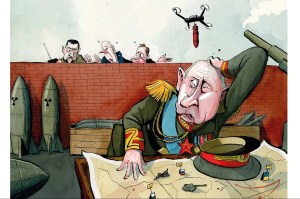British Prime Minister Theresa May has given Russia until Wednesday to explain why a nerve agent that it has developed was used in an attack in Salisbury, Wiltshire. She told the House of Commons that it was ‘highly likely’ that Russia was responsible for the poisoning of Sergei Skripal and his daughter. She said that Foreign Secretary Boris Johnson had summoned the Russian Ambassador and put it to him that were only two explanations for what had happened, one that the Russian government itself was responsible or that Moscow has lost control of its stock of deadly nerve agents.
I think it is safe to assume that no explanation, at least not one that would satisfy a reasonable observer, will be provided before Wednesday. So, we are left wondering what the ‘full range of measures’ that May is threatening to implement are.
But her statement that, in the absence of a credible explanation, May will consider ‘that this action amounts to an unlawful use of force by the Russian state against the United Kingdom’, suggests she is planning something much stronger than kicking out a few diplomats. It looks like a UK version of the Magnitsky Act is now very much on the agenda.
Opposition leader Jeremy Corbyn’s response was, to put it mildly, mixed. He started off by saying that the UK mustn’t ‘cut off contact’ with Russia. He then moved on to criticising the Tories for accepting money from various individuals linked with Russia. Now, Corbyn has a point on this. The Tory desire for cash has led to them being too quick to take money from those who fail the Caesar’s wife test. It also strikes me as rather unseemly to auction off time with Cabinet Ministers to the highest bidder. But for Jeremy Corbyn, a man who has promoted Russia Today as well as appearing on it, to criticise a party for being too close to Russia does seem rather hypocritical—as Tory hecklers were quick to point out.
Corbyn has done well to date by refusing to play by Westminster rules. I suspect he’ll not be bothered at all by criticism that he moved onto party politics with unseemly haste today.
But what really matters today is the tone and stridency of May’s statement. Given her decision to say that Russia must either admit it has lost control of its chemical weapon stocks or that it carried out the Salisbury attack, we are looking at a far more robust UK response than expected. Pretty much all sanctions options now appear to be on the table.


















